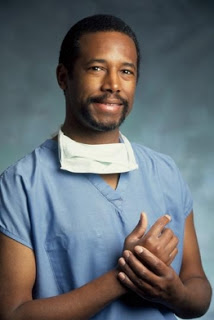Five months after a bloody attack on
his motorcade by suspected insurgents, the
Emir of Kano, Alhaji Ado Bayero, has declared
that nothing frightens him.
No fewer than three palace aides were killed
in the January 19 attack while the emir and
two of his sons who sustained injuries were
flown abroad for treatment.
Speaking in a rare interview in the palace on
Thursday night, Alhaji Bayero said: “In fact,I
don’t even know what shock is.”
He was responding to a question on if he had
ever been in a state of shock or frightened by
anything to which he responded: “What do
you mean by shock? In fact, I don’t even
know what shock is. What I believe is that
whatever happens to me on this earth is
destined to happen to me by Almighty Allah.
“So there is no point in showing any fear, as
whatever happens to any person is already
pre-destined to happen to him. Therefore,
wherever such things happen, whether good
or bad, what is required from that person is
to thank Allah; if it is for good, exercise
patience.”
The interview was to mark the emir’s 50th
anniversary on the throne.
He praised Allah for his long reign, saying: “I
have nothing much to say than to thank
Allah for sparing my life to witness these
years on the throne as the longest serving
Emir of Kano. It is not by my doing. It is
through the help of Allah that I was able to
have a good and understanding relationship
with all the governors that governed the
state during my reign.
“Alhamdulillah, all praises are due to Allah
who, through all assistance, made it possible
for me to witness these years on the throne,
a feat that none of my predecessors
achieved.
“I thank all the people of Kano and the
country at large for showing me great love
during this time and to have succeeded
despite challenges because as I always say
whoever puts his trust in Allah and follow
instruction as prescribed by Islam in
whatever he does, that person has nothing to
worry about. So it is through Allah’s
assistance that we succeeded all these
years.”
The special Juma’at service in Kano was
witnessed by thousands of well wishers from
near and far.
BeeCube Bwala


